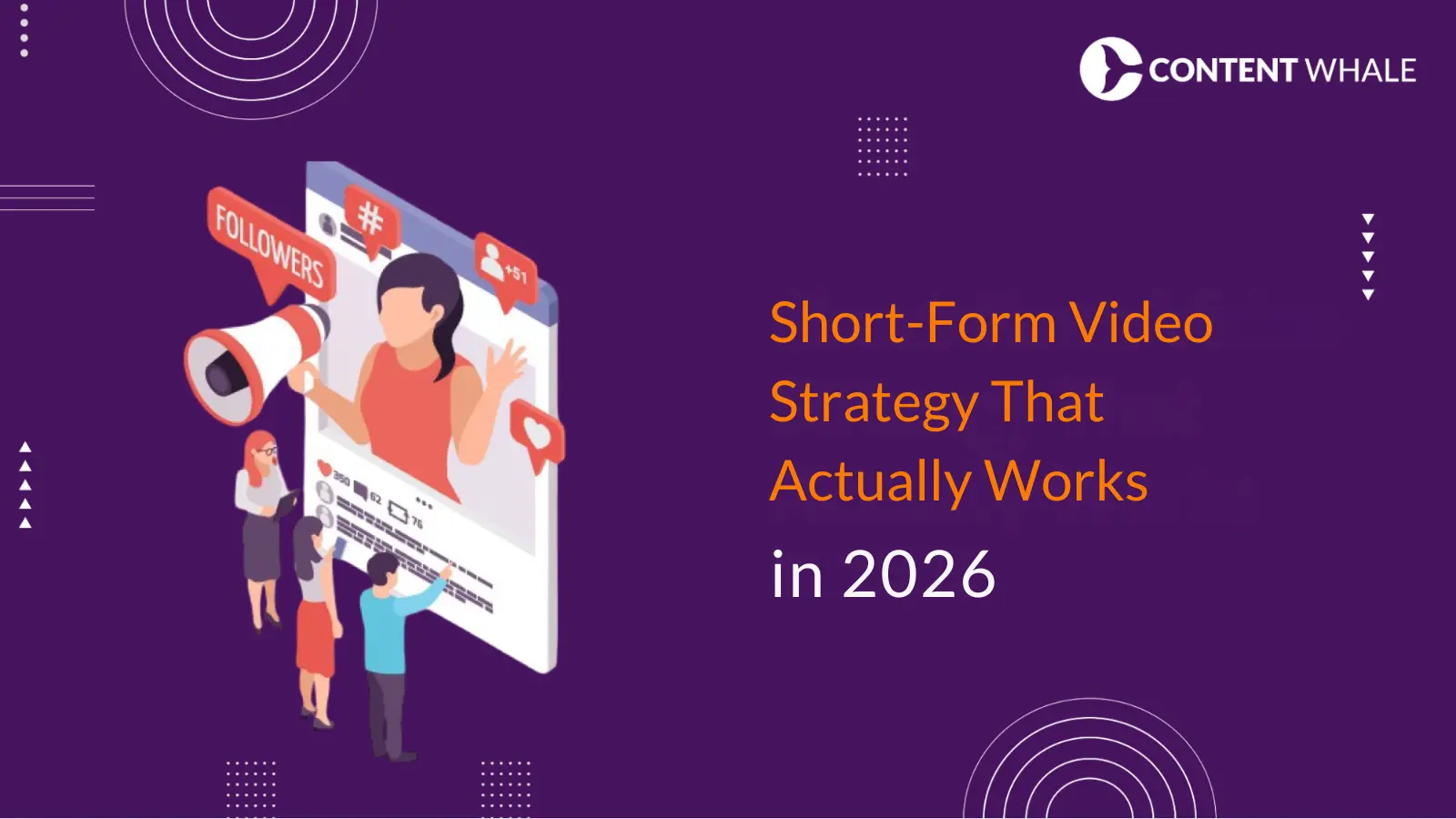Quick Summary
Word-of-mouth marketing (WOMM) is a powerful strategy that leverages personal recommendations to influence consumer behavior. By providing exceptional customer experiences and engaging in influence marketing, brands can foster customer loyalty and encourage customer referrals. Implementing effective referral programs and utilizing social media for viral marketing helps amplify peer-to-peer marketing and build strong brand advocacy. This approach not only increases brand visibility but also drives sales and strengthens customer relationships.
Word-of-mouth marketing (WOMM) has been a cornerstone of successful business practices for centuries, dating back to when personal recommendations were the primary way people learned about new products and services. This method leverages the natural human tendency to share experiences, making it a powerful tool for influencing consumer behavior.
The digital age has significantly amplified the reach and impact of word-of-mouth advertising. With the advent of social media and online reviews, a single positive or negative experience can be shared with thousands of people in an instant. Despite these technological advancements, the core principle remains the same: people trust recommendations from those they know more than traditional advertising methods.
Today, WOM marketing extends beyond face-to-face interactions. It encompasses a wide range of digital platforms where consumers share their opinions and experiences. From social media posts to online reviews, these digital endorsements are incredibly influential. They help build customer loyalty and trust, which are essential for any brand’s long-term success.
Incorporating customer referrals and leveraging influencer marketing are effective strategies for enhancing brand advocacy. These methods can transform satisfied customers into vocal brand advocates who actively promote your products.
Understanding and utilizing the power of WOMM is essential for businesses aiming to thrive in today’s competitive market.
The Importance of Word-of-Mouth Marketing

1. Trust and Credibility
Word-of-mouth marketing (WOMM) is a highly trusted form of promotion that leverages personal recommendations to influence consumer behavior. Unlike traditional advertising, which can often be perceived as impersonal, WOMM is rooted in trust and credibility.
Consumers are more likely to believe recommendations from their peers than from advertisements. In fact, 92% of consumers trust suggestions from friends and family over all other forms of advertising.
2. Impact on Consumer Decisions
Word-of-mouth advertising significantly impacts consumer decisions. Studies show that word-of-mouth influences 20% to 50% of all purchasing decisions. Additionally, consumers are 90% more likely to trust and buy from a brand recommended by a friend.
This trust factor is why WOMM is considered one of the most effective marketing strategies available.
3. Psychological Triggers
The psychological aspects behind why people share their experiences are deeply rooted in social behavior. People enjoy sharing positive experiences to help others and to be perceived as knowledgeable and resourceful.
This behavior is a driving force behind viral marketing, where information spreads rapidly through social networks.
4. Successful WOM Marketing Campaigns
Several successful WOM marketing campaigns highlight the effectiveness of this strategy. For instance, Dropbox’s launch relied heavily on a referral program that rewarded users for inviting friends, leading to rapid growth.
Similarly, the skincare brand Glossier has built its marketing strategy around customer engagement and community, leveraging social media to create buzz and drive sales.
5. Amplification Through Digital Platforms
The digital age has enhanced the reach of word-of-mouth through online platforms. Consumer recommendations are now amplified via social media, review sites, and forums, where a single review can reach thousands of potential customers. This peer-to-peer marketing is powerful because it combines the trust of personal recommendations with the wide reach of digital platforms.
6. Role of Customer Referrals and Influencer Marketing
Moreover, the impact of customer referrals and influence marketing cannot be overstated. Influencers, with their large and engaged followings, can significantly boost a brand’s visibility and credibility. Brands that collaborate with influencers or encourage brand advocacy through referral programs often see substantial increases in customer acquisition and retention.
Word-of-mouth marketing is an invaluable strategy for building trust, increasing brand awareness, and driving sales.
By understanding the psychological triggers that motivate consumers to share their experiences and leveraging digital platforms to amplify these messages, brands can effectively harness the power of WOMM to achieve their marketing goals.
Strategies to Encourage Word-of-Mouth

1. Creating Exceptional Customer Experiences
Providing outstanding customer experiences is the foundation of effective word-of-mouth marketing. Happy customers are naturally inclined to share their positive experiences.
This can be achieved by consistently exceeding customer expectations, offering personalized service, and addressing issues promptly. When customers feel valued, they are more likely to become loyal advocates who share their experiences with others.
2. Implementing Referral Programs
Referral programs are a powerful way to encourage customer referrals. These programs incentivize existing customers to refer new ones by offering rewards such as discounts, freebies, or points.
For example, Dropbox’s referral program significantly boosted its user base by offering extra storage space for each referred user. This strategy not only brings in new customers but also strengthens the relationship with existing ones.
3. Leveraging Social Media
Social media is a crucial platform for WOM marketing. Brands can use platforms like Instagram, Facebook, and Twitter to amplify consumer recommendations. Encouraging customers to share their experiences and tag the brand helps create a buzz around the products or services.
User-generated content, such as photos and reviews, can be shared on the brand’s official pages to foster a sense of community and authenticity.
4. Engaging and Rewarding Loyal Customers
Engaging with loyal customers and recognizing their support is key to fostering brand advocacy. Brands can implement loyalty programs that offer exclusive benefits, early access to new products, or personalized communication.
For instance, Sephora’s Beauty Insider program rewards customers with points for every purchase, which can be redeemed for products, creating a loyal community that actively promotes the brand.
5. Utilizing Influencer Marketing
Influencer marketing is an effective strategy for expanding word-of-mouth advertising. Influencers, with their large and engaged followings, can significantly enhance a brand’s visibility and credibility. Collaborating with influencers who align with the brand’s values and target audience can result in authentic endorsements that resonate with potential customers.
For example, Audible’s partnership with YouTubers to promote its audiobook service successfully reached a broad audience and boosted subscriptions.
6. Case Studies of Successful Strategies
Several brands have successfully utilized these strategies to enhance their WOM marketing efforts. For example:
I) Airbnb: Their “Made Possible by Hosts” campaign used user-generated content and emotional storytelling to create a strong connection with potential customers, leading to a significant increase in bookings.
II) Lyft: Implemented a referral system that offered free or discounted rides, making it easy for users to share referral codes via the app, email, or text. This approach leveraged the trust factor and scalability of customer referrals, contributing to their rapid growth.
III) Dropbox: Utilized a referral program offering additional storage space, which was directly relevant to their users’ needs. This simple yet effective strategy resulted in substantial user growth.
Thus, combining exceptional customer service, strategic referral programs, social media engagement, and influencer partnerships can significantly enhance a brand’s word-of-mouth marketing efforts.
These strategies not only attract new customers but also build a loyal community that continuously promotes the brand.
The Role of Influencers and Brand Advocates

1. Differences Between Influencers and Brand Advocates
Understanding the distinctions between influencers and brand advocates is essential for effective word-of-mouth marketing. Influencers are individuals with a large following on social media platforms who can sway the purchasing decisions of their audience through endorsements and recommendations. They are often compensated for promoting products or services.
On the other hand, brand advocates are loyal customers who genuinely love a brand and promote it out of personal satisfaction rather than for payment. Both play significant roles in WOM marketing but operate in different capacities.
2. Identifying and Collaborating with Influencers
To maximize the benefits of influence marketing, brands need to identify influencers whose audience aligns with their target market. Collaborating with the right influencers can amplify word-of-mouth advertising and increase brand visibility.
For example, Audible’s partnerships with YouTubers from diverse backgrounds helped them reach a wide range of audiences and boost subscriptions.
The key is to choose influencers who can authentically represent the brand and create engaging content that resonates with their followers.
3. Building Relationships with Brand Advocates
Brand advocacy is a powerful form of peer-to-peer marketing. Building strong relationships with brand advocates involves engaging with them regularly and recognizing their contributions. Brands can foster customer loyalty by offering exclusive perks, early access to new products, or personalized communication.
Engaging brand advocates helps create a community of enthusiastic promoters who will naturally spread positive word-of-mouth marketing.
4. Examples of Successful Influencer and Advocate Partnerships
Several brands have successfully leveraged the power of influencers and brand advocates:
I) Tesla: Tesla has utilized a robust referral program to fuel its growth. By offering significant rewards like credits and even a new Tesla model for top referrers, Tesla has effectively harnessed the power of customer referrals to expand its customer base without a traditional marketing budget.
II) Tinder: To promote its app, Tinder held college parties where entry required downloading the app. This strategy led to rapid adoption among college students and created a viral effect, significantly boosting user numbers through organic word-of-mouth.
III) Chipotle: Chipotle’s “The Scarecrow” campaign used a compelling animated video to highlight its commitment to using fresh, locally sourced ingredients. This emotionally resonant content generated significant buzz and positive word-of-mouth.
IV) Glossier: Glossier leverages user-generated content and social media to create a community-driven brand. By featuring real customers using their products, Glossier fosters authenticity and trust, encouraging more people to share their experiences.
5. Tools and Platforms for Managing Influencer and Advocate Programs
Managing influencer and advocate programs can be streamlined using various tools and platforms. Solutions like AspireIO and Traackr help brands discover, manage, and analyze the performance of their influencer campaigns. These platforms offer features for tracking engagement, measuring ROI, and ensuring that collaborations align with the brand’s goals.
Utilizing these tools allows brands to efficiently handle their influence marketing and brand advocacy efforts, ensuring maximum impact.
In conclusion, leveraging the distinct strengths of influencers and brand advocates is crucial for a successful word-of-mouth marketing strategy. By identifying the right influencers, fostering strong relationships with brand advocates, and using effective management tools, brands can significantly enhance their visibility, credibility, and customer loyalty.
Conclusion

Word-of-mouth marketing (WOMM) offers unparalleled benefits for brands. By fostering trust and credibility, WOMM not only increases brand awareness but also drives significant sales. Integrating word-of-mouth advertising strategies into your overall marketing plan is essential for leveraging the power of peer recommendations and achieving sustainable growth.
Embracing WOM marketing means recognizing the value of customer referrals and the impact of influence marketing. Whether through direct peer-to-peer marketing or by engaging influencers, the goal is to create authentic connections that encourage customers to share their positive experiences. Brand advocacy is strengthened when customers feel genuinely satisfied and valued, leading to natural and impactful consumer recommendations.
Digital platforms have expanded the reach of viral marketing, making it easier for brands to amplify their message through social media and online reviews. Leveraging a well-structured referral program and collaborating with influencers can significantly boost a brand’s visibility and customer base. These strategies, combined with excellent customer service and engagement, help build lasting customer loyalty.
Thus, the future of word-of-mouth marketing lies in creating exceptional experiences, fostering authentic connections, and strategically utilizing digital tools to amplify the voice of satisfied customers. Brands that effectively harness the power of WOMM will continue to thrive in an increasingly competitive market.
FAQs
What is word-of-mouth marketing?
Word-of-mouth marketing (WOMM) involves leveraging personal recommendations to promote products or services. It’s a highly effective strategy because it relies on the trust and credibility of peer-to-peer recommendations rather than traditional advertising.
This type of marketing can happen organically when satisfied customers share their positive experiences with others, or it can be encouraged through referral programs and influence marketing.
How can small businesses leverage word-of-mouth marketing?
Small businesses can harness word-of-mouth advertising by providing exceptional customer service, which naturally encourages customer referrals. Implementing a referral program that rewards customers for bringing in new clients is also effective.
Engaging with customers on social media, responding to their feedback, and creating shareable content can amplify consumer recommendations and foster brand advocacy.
What are the best referral program ideas for startups?
Startups can benefit from simple and attractive referral programs. Offering discounts, free products, or exclusive access to new features can motivate customers to refer friends.
For instance, Dropbox’s referral program that rewarded users with additional storage space is a great example. Tailoring the incentives to align with what customers value the most will drive participation and success.
How do influencers impact word-of-mouth marketing?
Influencer marketing significantly boosts word-of-mouth marketing by leveraging the reach and credibility of influencers. Influencers share their genuine experiences with products to their followers, creating authentic consumer recommendations.
Collaborations with influencers who resonate with the target audience can drive viral marketing and enhance customer loyalty through trusted endorsements.
What metrics should I track to measure the success of word-of-mouth marketing?
To measure the effectiveness of WOM marketing, track metrics such as referral rates, customer acquisition costs, and the lifetime value of referred customers. Social media engagement, including shares, mentions, and the reach of influencer marketing campaigns, are also critical indicators.
Additionally, monitoring the growth of your referral program and customer satisfaction scores can provide insights into the success of your word-of-mouth advertising efforts.





